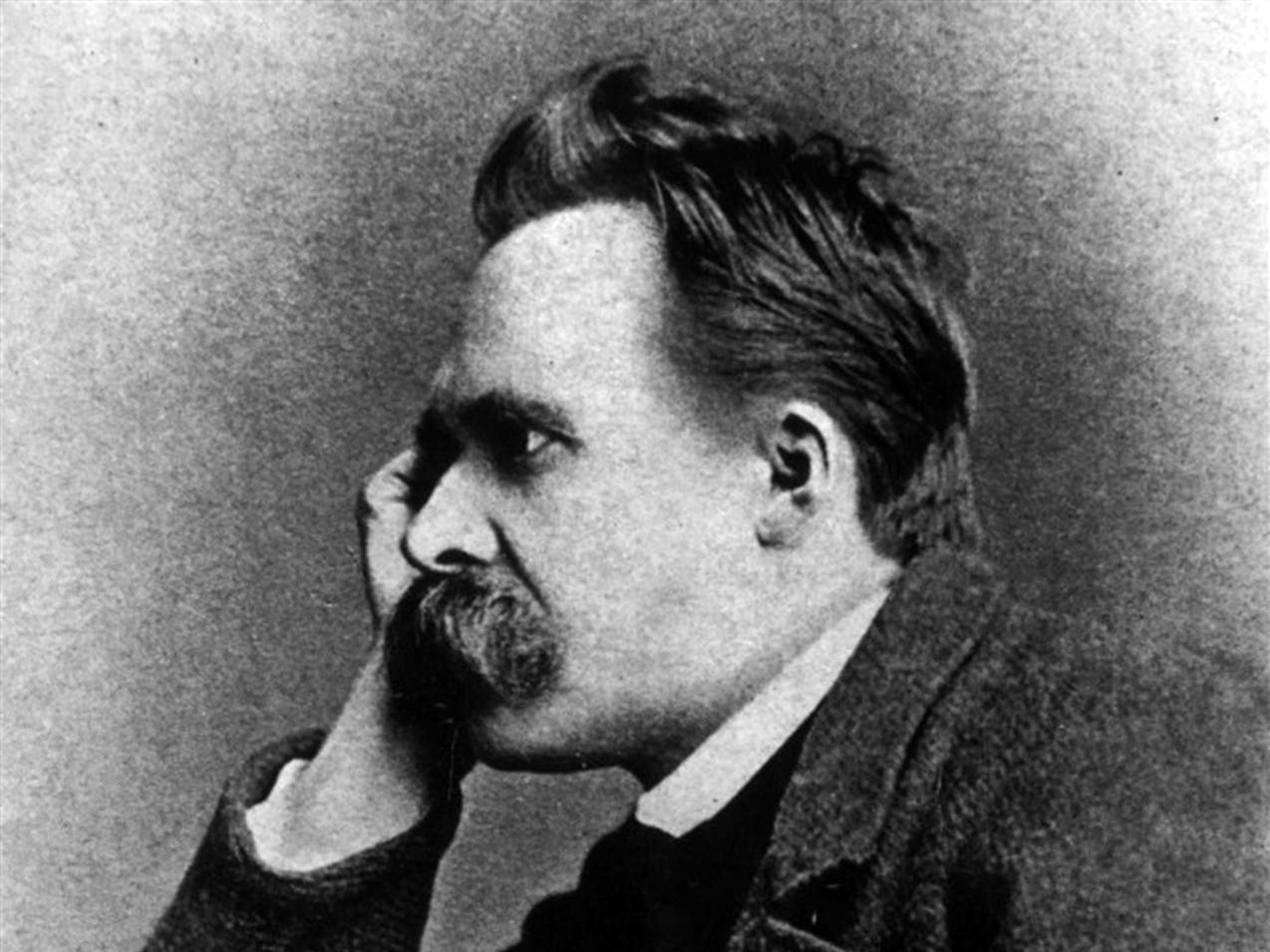Unit objectives
Listening: ethics and street photography
Reading: xenotransplantaion
Grammar: uses of the pasive
Uses of the adverb, phrase, adjective 'just'
Speaking: discussing ethical issues in depth
Project: class debate
Some basic language around Ethics
Some the week's topics and activities:
Talk about what they might entail
TED Talk: We Need A Moral Operating System
Listening: Moral Blind Spots
Listening / watching: The Nuclear Debate
Listening / watching: Niccolo Machiavelli
Reading / listening: Homeless Jesus
Who are these peeps?


Here are their names (in historical order)
Socrates
Aristotle
Kong, Fu-Zi (Confucius)
The Buddha
Jesus of Nazareth
Muhammad
Niccolo Machiavelli
Immanuel Kant
Friederich Nietsche
Hannah Arendt
Albert Camus
Iris Murdoch
| 1. | This is just right. | a | equally, no less | ||
| 2. | We've got just enough. | b | now, in a moment | ||
| 3. | She left just as I was leaving. | c | a very short time ago | ||
| 4. | This one is just as good as that one. | d | exactly | ||
| 5. | It started just after eight. | e | to show a small possibility | ||
| 6. | Mike? I think he's just left. | f | with none to spare | ||
| 7. | I'm just coming. | g | to get someone's attention | ||
| 8. | Why don't you just tell the truth? | h | only | ||
| 9. | There is just one thing I've got to say! | i | simply | ||
| 10. | Don't you just love | j | agreeing with somebody | ||
| 11. | Just come over here, will you! | k | a little, a short time | ||
| 12. | Could you just wait a second please? | l | at the same moment | ||
| 13. | He might just still be in the office | m | in polite requests | ||
| 14. | Lovely day, isn't it? - Isn't it just? | n | really, absolutely |
Listen:
Blind Spots
1. What is a moral blind spot?
2. Can you think of examples of moral blind spots in your own behaviour?
3. Are moral blind spots just part of life, can we really avoid having them?
Interview scenario
During the course of the interview he asks you three questions:
1. Do people find you desirable?
2. Do you have a boyfriend?
3. Do you think it's important for women to wear a bra to work?
How would you react?
Under what circumstances could these questions be asked during a job interview?
Listen from 9:25 - 11.40
1. How did most women say they would respond? What did others say they would do?
2. What position did they think they were interviewing for?
3. How many interviewees answered all of the questions?
4. How many refused to answer the question about the bra?
5. How many expressed an objection to the questions during the interview?
6. How many expressed an objection to the questions after the interview?
Pause and discuss why this happened.
Class discussion - does this experiment make a larger point about human morality?
Aristotle's table of virtues and vices
Which words are unfamiliar to you?
Question
What's the difference between a role and a job?
Think about people in the following roles. How might they be led to make moral compromises in pursuing these roles?
Why might some people describe them as "hypocrites"?
Why might some people describe them as "pragmatists"?
Discussion
Where do you get your basic ethics from? Religion? Your culture? Your upbringing? You own reflections? TV? Reading?
How would you describe your basic ethical framework?
Christian, Buddhist, Muslim, Jewish, Catholic etc...
Liberal
Traditional
Atheist, non religious, rationalist
Materialistic
Environmentalist
Utilitarian
Anarchist
Communist
Cultural relativist
Do you think there are "universal" ethics?


















No comments:
Post a Comment